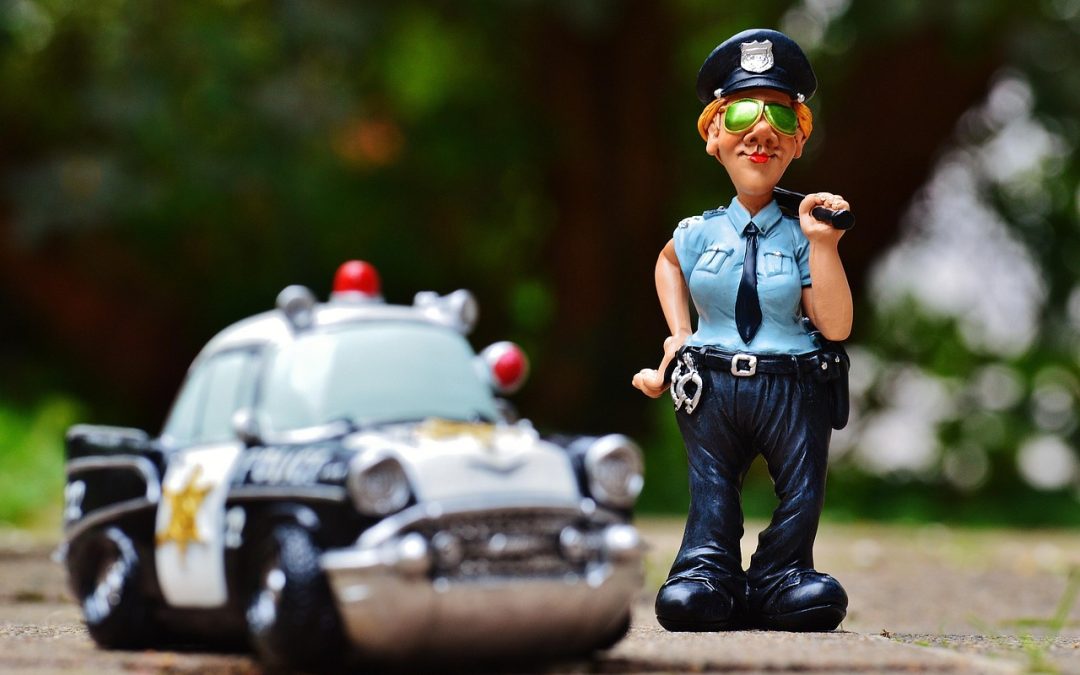When interacting with law enforcement, it’s essential to know your rights to ensure a safe and respectful encounter. However, one legal concept can make it challenging to hold police officers accountable for their actions: qualified immunity. This doctrine shields government officials, including police officers, from liability for damages unless they violate a person’s clearly established statutory or constitutional rights of which a reasonable person would have known.
Understanding Qualified Immunity
Qualified immunity is a judicially created doctrine aimed at balancing two competing interests: protecting individuals from government overreach and allowing government officials to perform their duties without fear of frivolous lawsuits. In the context of police interactions, qualified immunity can make it difficult to overcome, especially when seeking damages or other legal remedies.
Navigating Police Interactions
While it’s essential to understand the legal nuances, it’s equally important to prioritize safety during police interactions. Here are some practical tips to keep in mind:
- Remain calm and composed: Avoid confrontations or aggressive behavior, as this can escalate the situation.
- Be respectful and courteous: Treat the officers with respect, even if you disagree with their actions.
- Know your rights: Familiarize yourself with your constitutional rights, such as the Fourth Amendment’s protection against unreasonable searches and seizures.
- Ask for clarification: If you’re unsure about your rights or the officer’s actions, politely ask for clarification.
- Don’t resist or obstruct: Refrain from resisting arrest, even if you believe it’s unlawful. Instead, seek legal recourse later.
- Document the encounter: Record the interaction, if possible, and take notes about the event.
The Fourth Amendment’s protection against unreasonable searches and seizures is not limited to searches of the person, but extends to “houses, papers, and effects” as well. – Mapp v. Ohio, 367 U.S. 643 (1961)
Remember, prioritizing safety and de-escalation during police interactions is crucial. By being informed about your rights and asserting them appropriately, you can help ensure a peaceful and respectful encounter. Stay informed about local laws and regulations, and always seek legal counsel if you’re unsure about your rights or a specific situation.
The information at Observed.Org may not pertain to every jurisdiction. It is YOUR responsibility to know your rights and observe them. Nothing here should be considered legal advice.

